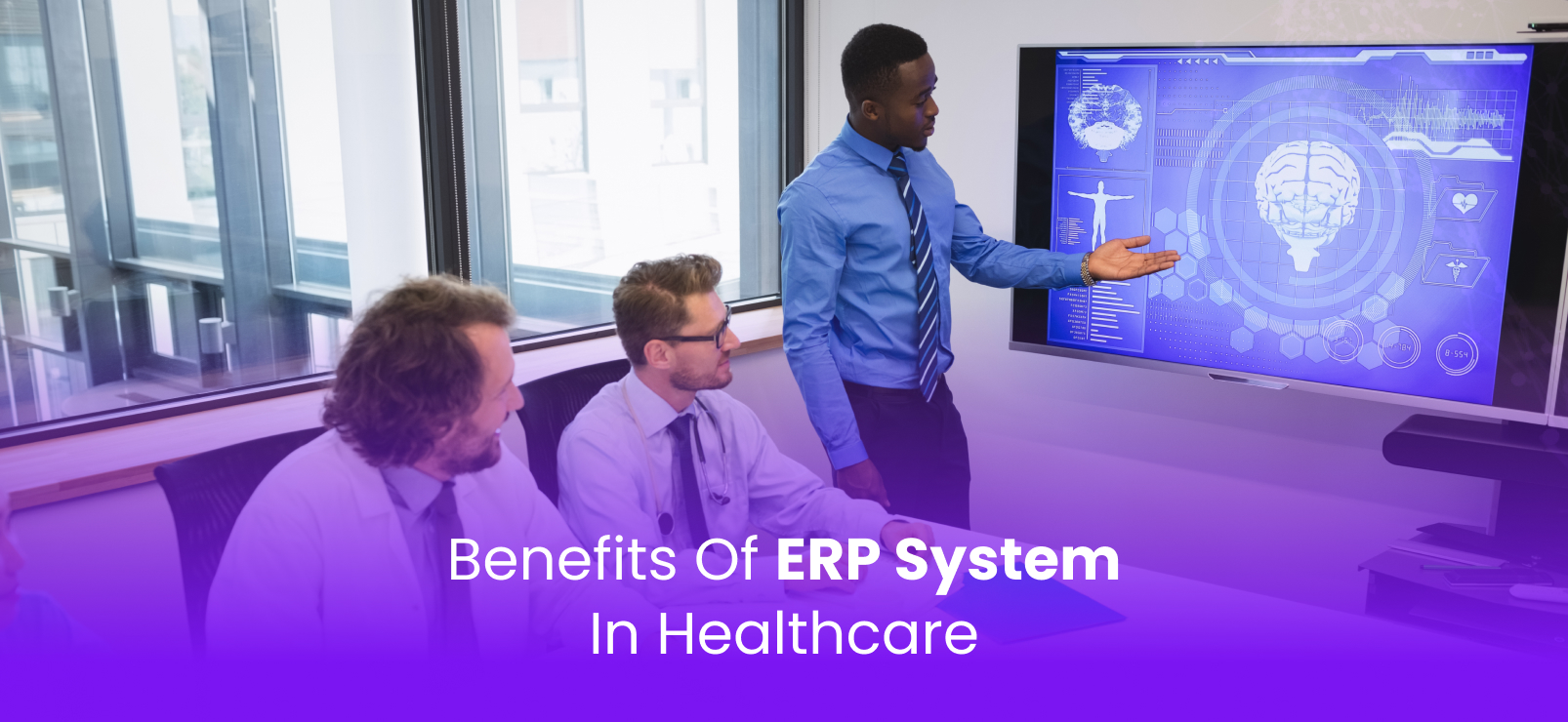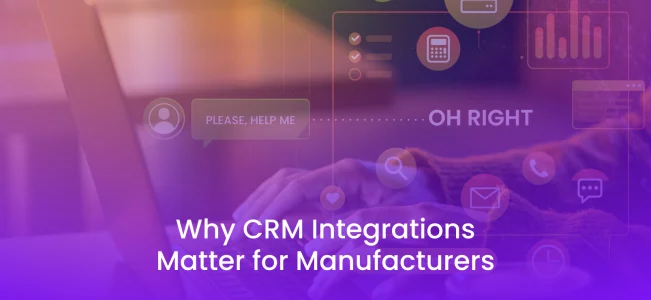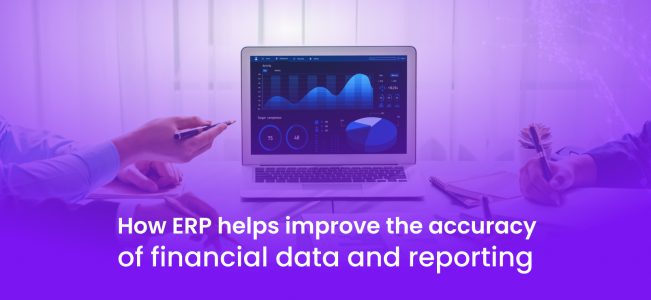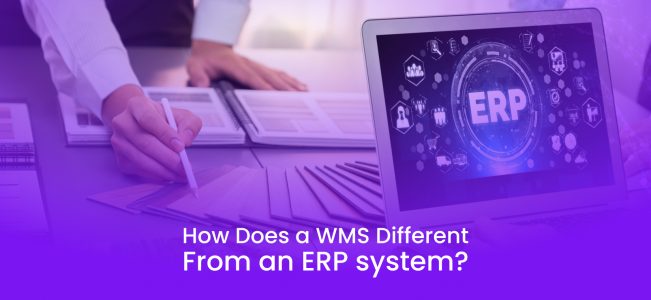Benefits of ERP System in Healthcare
What are the key drivers behind a successful healthcare organization? Leadership, innovation, and clinical excellence might come to mind, and rightly so. Though elements like effective internal communication and streamlined operations often are ignored, even though they play a crucial role in organizational success.
In healthcare, where every second counts and lives are on the line, inefficiencies aren’t just costly, they can be dangerous. That’s why it’s so important for healthcare organizations to adopt modern technologies and AI-driven tools that support quality care.
Here comes the role of one of the most influential solutions, which is Enterprise Resource Planning, better known as an ERP. It goes beyond managing back-office tasks and helps streamline operations, improve communication, and ultimately enhance patient outcomes.
Keep reading this blog and know about the key benefits of ERP systems in healthcare and how they contribute to building a more connected, efficient, and patient-focused organization.
Improved Patient Care
At the heart of healthcare is the patient. Every new technology aims to make patient care better, and ERP systems are no exception.
These systems act like a central hub where all patient information including records, medical history, test results, and treatment plans, is kept and easily accessible. This means doctors and nurses can get the details they need quickly, resulting in faster diagnoses and smarter decisions that really make a difference in patient care.
Plus, by handling routine tasks like data entry, scheduling appointments, and generating reports automatically, ERP systems take a lot of pressure off healthcare staff, freeing them up to focus on what matters
most: delivering the best care possible.
Enhanced Communication and Departmental Integration
Clear communication is important in any workplace, but in healthcare, where errors can have serious consequences, it’s absolutely critical.
ERP systems help tear down the walls between departments, fostering a more connected and cooperative environment. Whether it’s HR, finance, clinical operations, or supply chain, everyone uses the same platform, with real-time updates and shared information.
This smooth flow of communication keeps everyone aligned, cutting down on misunderstandings and ensuring the whole organization can rapidly and effectively deal with any challenges that arise.
Reduced Operational Costs
Managing a healthcare facility can be costly, but ERP systems play a big role in cutting those expenses.
By centralizing data and automating workflows, ERP removes redundant systems, reduces manual tasks, and streamlines billing and procurement processes. This not only lowers the risk of expensive mistakes but also helps keep overall operating costs under control.
For instance, the inventory management feature tracks supplies in real time, preventing both overstocking and shortages. Meanwhile, the financial modules spot unnecessary spending and highlight ways to save.
In short, ERP provides a comprehensive overview of the organization, enabling healthcare providers to run more smoothly and accomplish more with less.
Simplified Operations & Strategic Planning
One of the key pain points in healthcare administration is the isolation between departments, which an ERP system solves by integrating functions like human resources, finance, inventory, and supply chain into a single, unified system, while ensuring smooth communication and coordination across departments.
More prominently, ERP systems offer real-time insights and analytics. Healthcare managers can access key performance indicators (KPIs), financial data, staffing levels, and resource utilization all in one place. This data helps make smarter, faster, and more strategic decisions that drive growth and efficiency.
Moreover, with the integration of business intelligence (BI) tools with ERP, healthcare institutions can even recognize blockages, optimize resource allocation, and reveal development opportunities.
Easier and Quicker Access to Data
In healthcare, speed is the key. From retrieving patient information during an emergency to pulling performance data for audits, quick access to accurate information is necessary.
ERP systems act as a centralized source of reliable data for the entire organization. Authorized staff can quickly access patient records, lab results, staff schedules, and financial reports. This immediate availability of organized data boosts operational efficiency and helps prevent delays that could negatively impact patient care.
Additionally, ERP systems maintain data accuracy and consistency, reducing the chances of mistakes that often occur with manual or inconsistent data entry.
Conclusion
Running efficiently is just as crucial as delivering quality care in the present-day fast-paced healthcare setting. That’s where ERP systems make a real difference, as they collect all your data into one place and make the communication between departments better, helping teams make faster, and more informed decisions.
From cutting unnecessary costs to enhancing patient results, ERP solutions simplify daily operations so healthcare professionals can focus on what truly matters: delivering exceptional care.
How CERP Suite Can Help Your Healthcare Business
CERP Suite offers one of the leading ERP solutions, personalized to meet the unique needs of the healthcare industry. With integrated modules for HR, inventory, finance, and supply chain, CERP Suite streamlines operations, improves data accuracy, and enhances overall efficiency.
From consultation and customization to complete implementation, CERP Suite ensures smooth integration and long-term value. Recognized by businesses across industries, it’s a perfect partner for healthcare providers seeking to make systems advance and maximize performance.












